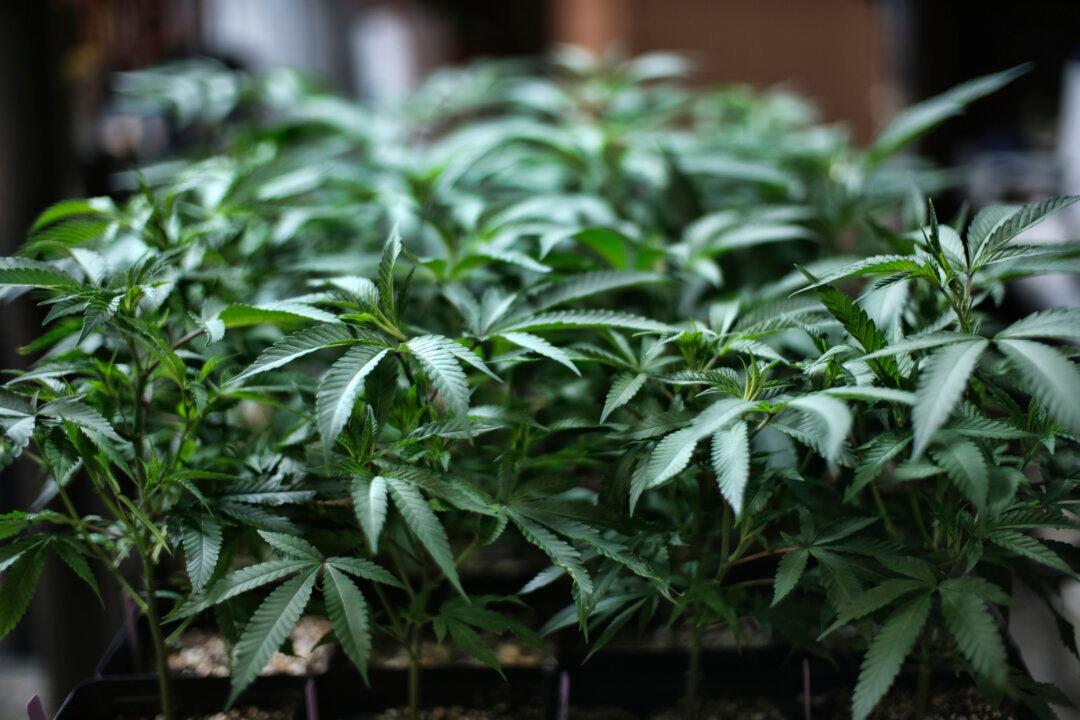LOS ANGELES—The Los Angeles County Board of Supervisors voted on July 13 to collaborate with federal, state, and local officials to shut down illegal cannabis grow operations in Antelope Valley while agreeing to reconsider a longstanding county ban on commercial marijuana.
Supervisor Kathryn Barger warned three weeks ago that commercial cannabis and hemp grow operations in her district are using dangerous pesticides, stealing water from fire hydrants, and frightening neighbors into silence. However, she failed to get support from her colleagues on a plan of action that included tougher criminal penalties and would have required four votes to pass.





